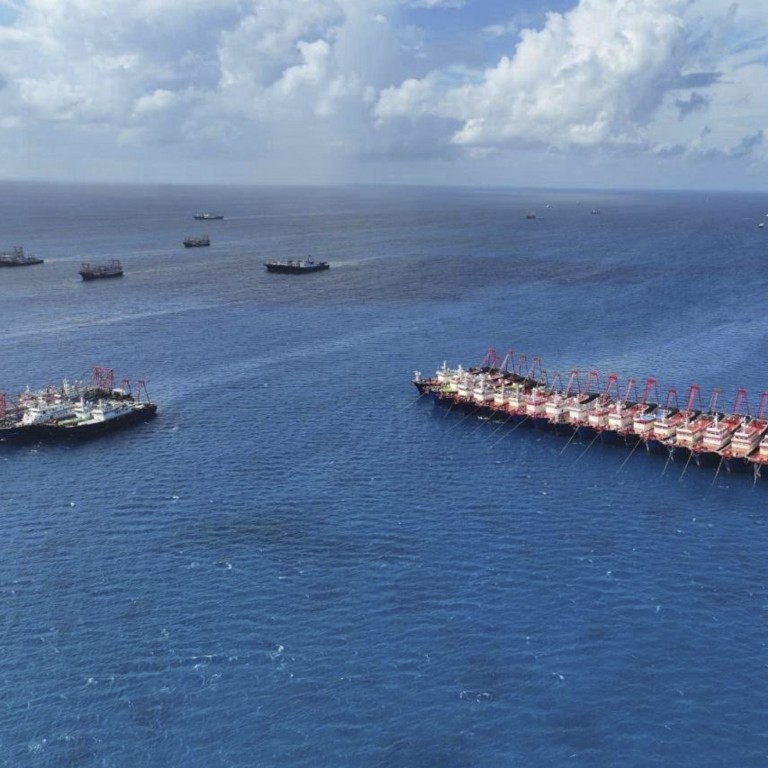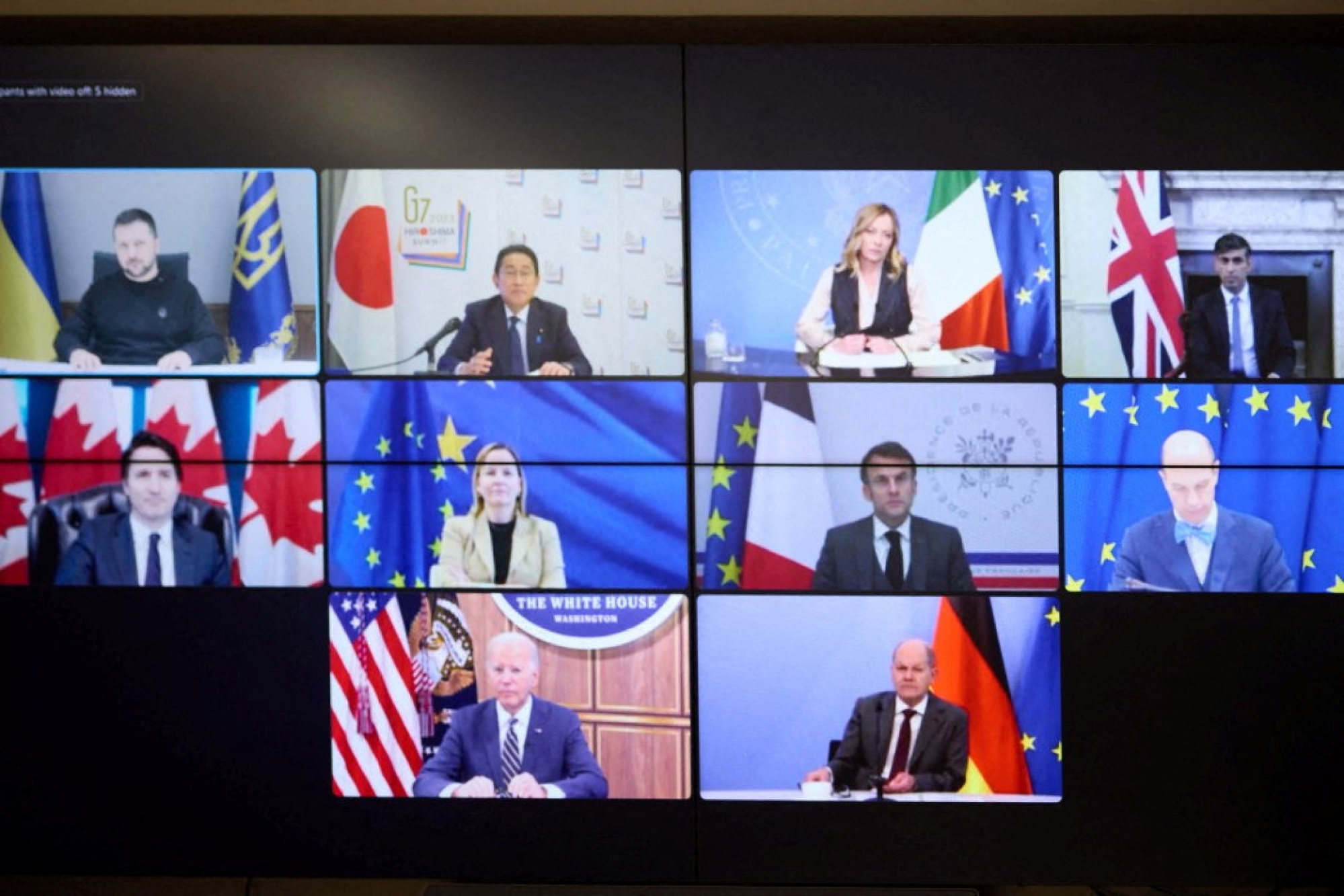
G7 warns China on military activities in South China Sea, urges it to press Russia to exit Ukraine
- Body representing most of world’s largest economies tells Beijing that playing by international rules ‘would be of global interest’
- Amid increasing criticism of China’s conduct in South China Sea, G7 leaders say no legal basis for its maritime expansion there
The body representing most of the world’s largest economies had Beijing squarely in mind after convening a virtual meeting attended by its members’ heads of state, with the wars in Ukraine and the Middle East also figuring prominently.

“A growing China that plays by international rules would be of global interest,” the leaders said in the statement.
“We are not decoupling or turning inwards. At the same time, we recognise that economic resilience requires de-risking and diversifying.”
The group added it would take steps “individually and collectively” to invest in their “own economic vibrancy” as well as “reduce excessive dependencies in our critical supply chains.”
With respect to the South China Sea, the leaders expressed their opposition to “China’s expansive maritime claims and militarisation activities” in the highly disputed region.
Philippines stands out in Asean over embrace of US’ Indo-Pacific strategy
The Chinese Navy has increasingly drawn criticism from southeast Asian countries for what has been described as belligerent conduct.
Whitsun Reef, also referred to as Julian Felipe Reef by Manila, lies about 320 kilometres (199 miles) off the Philippine coast. The island nation claims it as part of its exclusive economic zone and continental shelf.
In recent years, however, military and Chinese ships have been sighted in its vicinity more frequently.
The G7 leaders on Wednesday said there was no legal basis for Chinese maritime expansion in the South China Sea.
They called on Beijing to respect the UN Convention on the Law of the Sea, also known as Unclos, and the decision made by The Hague’s Permanent Arbitration Court in 2016.
The tribunal also found Beijing in violation of Manila’s sovereign rights by obstructing oil exploration, prohibiting Philippine fishing activities, allowing Chinese fishing operations and undertaking environmentally damaging land reclamation.
Xi calls on coastguard to enforce law, defend China’s territorial sovereignty
On the wars in Ukraine and the Middle East, the Biden administration in a separate statement praised the G7 countries for “their commitment to working closely together as they each respond in real time to events around the world”.
‘Forgotten’ since Gaza war, Ukraine says no ceasefire unless Russia withdraws
Senate Republicans led opposition to the measure in a procedural vote on Wednesday, defeating it by a 51-49 margin.
Republicans said the bill did not adequately address America’s own border security and immigration crisis. Bipartisan consensus on the issue has been elusive to date.
Additional reporting by Khushboo Razdan in Washington

